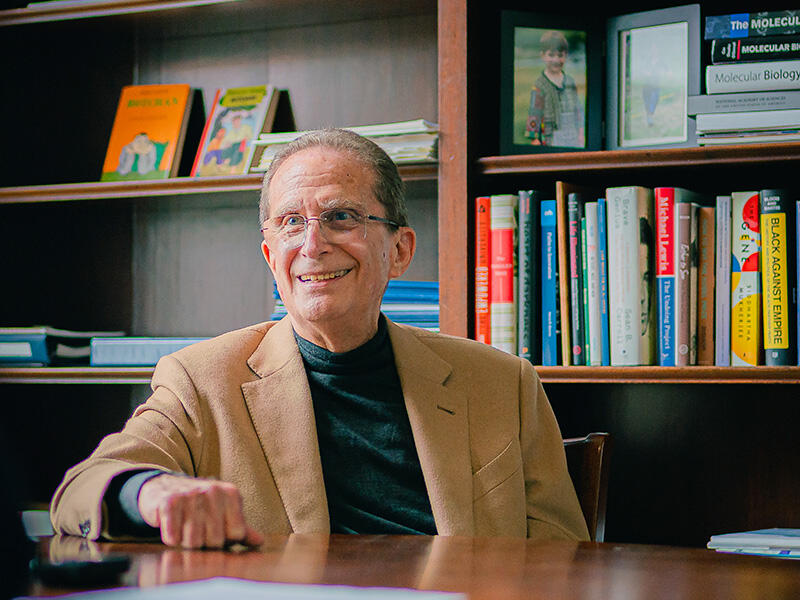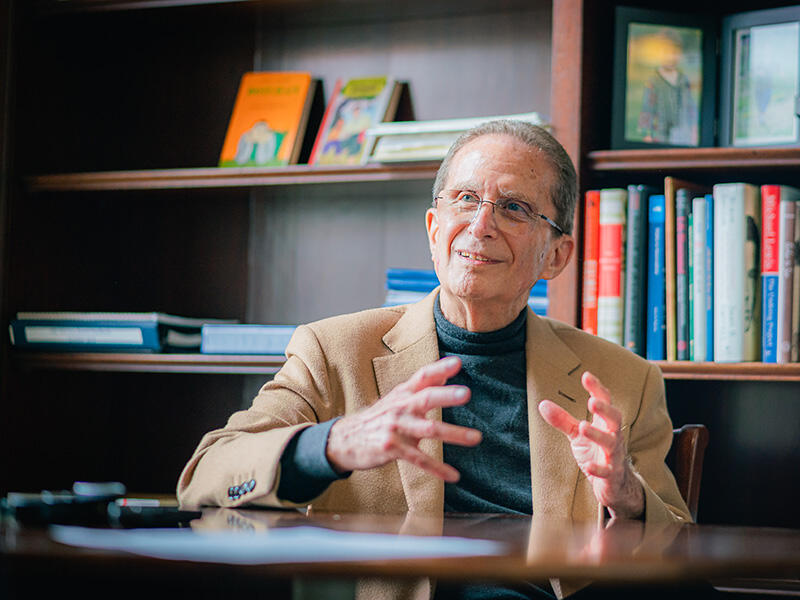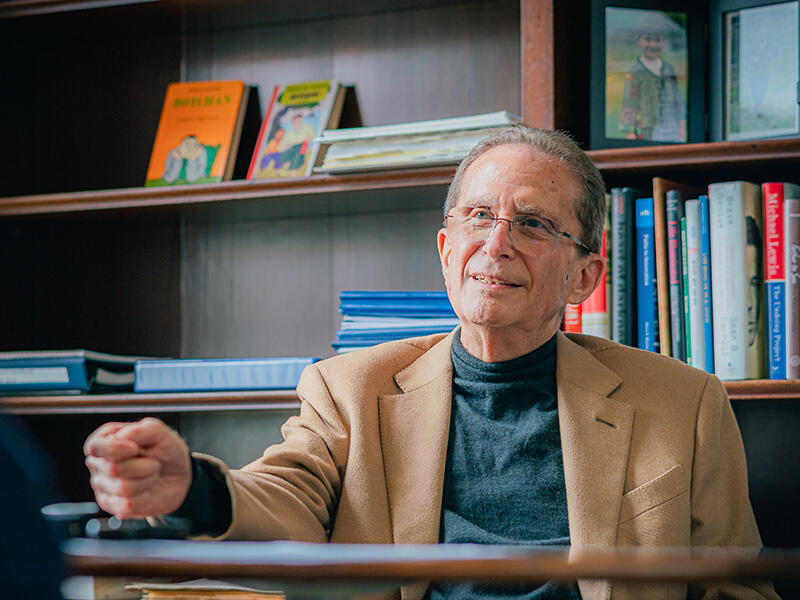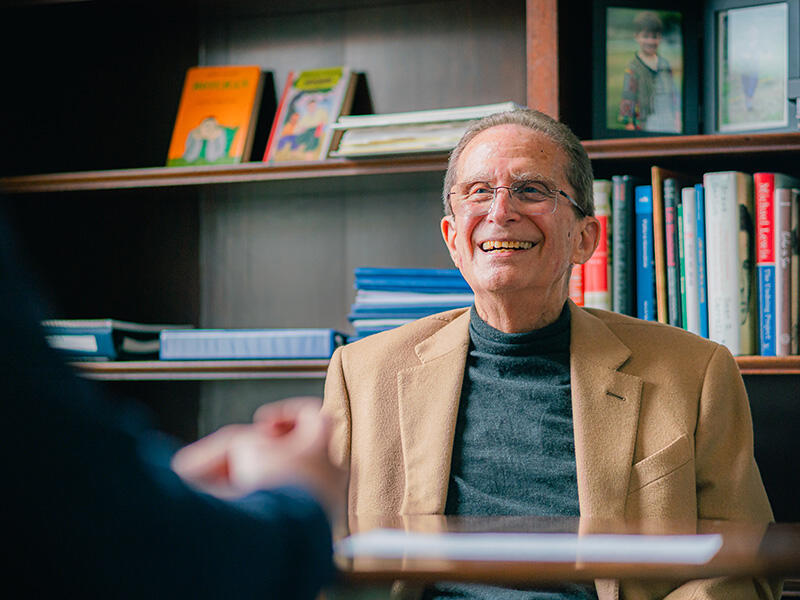
Michael Botchan is the dean of biological sciences at UC Berkeley and a professor of biochemistry, biophysics, and structural biology. On June 30, Botchan will step down as dean and start a new life as faculty emeritus in the Graduate Division and senior advisor at the Innovative Genomics Institute. The prospect of a calmer role appears to delight him.
“Being dean is a 24/7 job,” said Botchan. “I'm looking forward to having more spare time and traveling with my family.”
In his Durant Hall office, Botchan exhibited the calm, contemplative manner of someone embarking on the next phase of life after a long and rewarding career. His mentally stimulating work allowed him to guide generations of students and collaborate with some of the world’s sharpest minds.
Berkeley has profoundly changed since Botchan first stepped onto campus in 1966, as have the biological sciences. Botchan reflected on the highlights and remaining challenges in an hour-long interview with UC Berkeley writer Alexander Rony.








